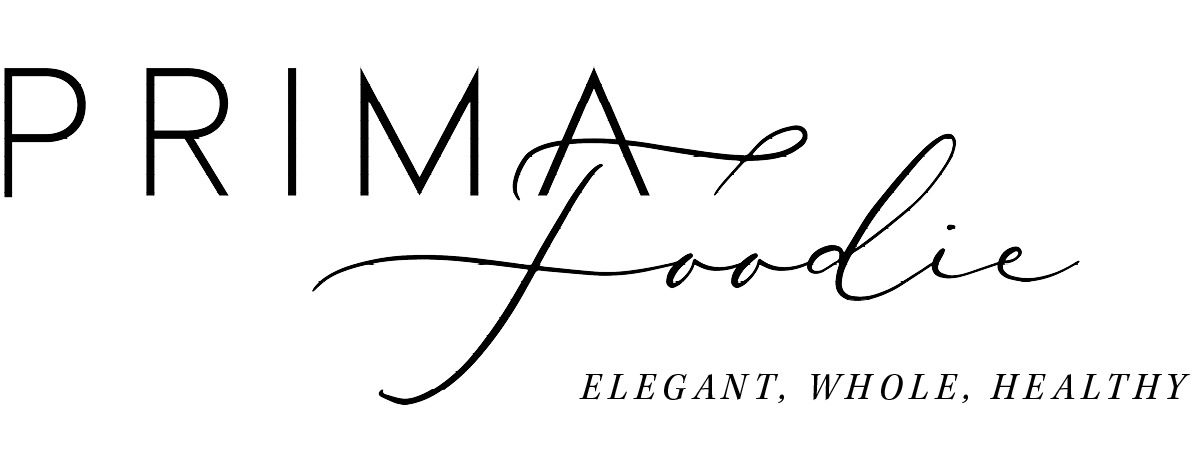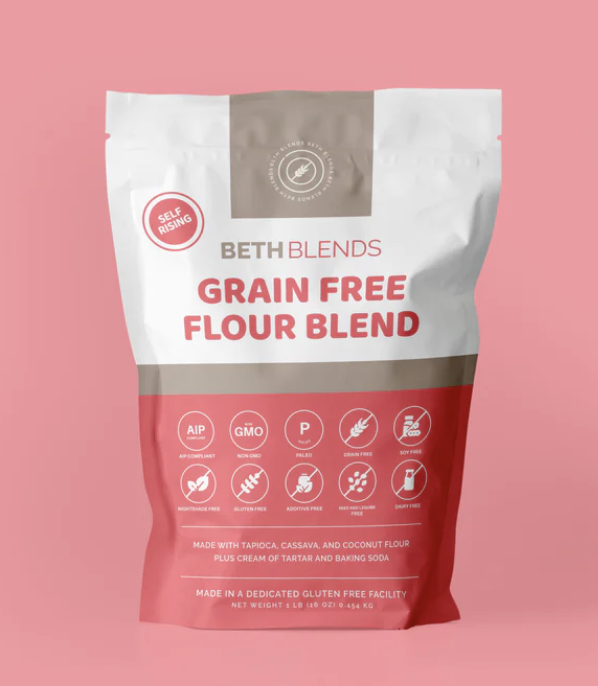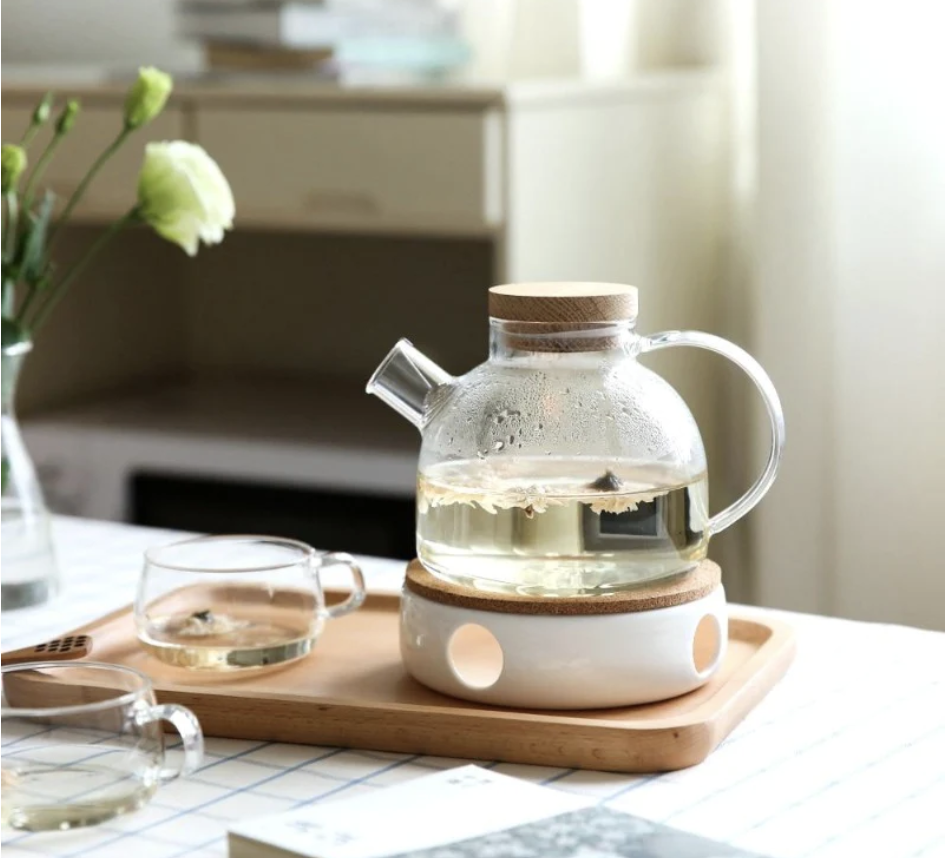The journey to clean and conscious eating has its challenges. Regions throughout the US still lack access to fresh ingredients. People are strapped for time, desire, or nutrition information. There is also an abundance of misinformation and greenwashing, as countless manufacturers continue to include harmful ingredients while claiming their products to be “natural.” These issues feed the dark truth behind the global food system.
It is because of these reasons, and many others, that we do what we do at PrimaFoodie. For too long, barriers to clean food have thwarted progress. We want to call out the bad and call in the good—the farmers, educators, and entrepreneurs who are working to provide the world with accessible, honest, nutritious food. You’ll find those pioneers in this roundup of conscious small brands.
Each of these independently owned companies distributes or produces foods that are wholesome and clean, and they do so transparently and fairly. They provide information about their supply chains and work to make their pricing fair and attainable. They also put people over profits. We believe that fairness and equality are as essential as organic and non-GMO.
This guide will be an evolving project. For this first chapter, we’ve included purveyors and makers that ship nationally (or to most of the US). We’ll continue to add to it as we explore new companies.
Like anything, a real shift starts with small steps. The more people support independent brands, the less momentum the corrupt global food conglomerates will have. This all begins with ideas, which grow into conversations and ultimately a global movement.
A Guide to Small Conscious Brands
Meat and Poultry
8 O'Clock Ranch
John and Kassandra Barton have been sustainably raising their animals on their upstate New York Farm for more than twenty years. They started out with sheep, and eventually included cows, pigs, and chickens. Today, they partner with several other local farmers and ranchers to offer humanely raised, grass-fed beef, chicken, and pork, as well as maple syrup and local CSA boxes.
Peads and Barnett
Fresh air. Open, spacious fields. Zero GMO foods. These tenets are paramount in how the founders behind Peads and Barnett raise their pigs. The humanity shows in their fresh organic pork, many that come in cuts that mirror the European, Japanese, and Chinese styles that are hard to find in the states. While their products are primarily found at several LA-area farmers’ markets and specialty foods shops, they do offer some local delivery. It’s worth sending them an email to inquire if they’ll ship to your area.
Seafood
Greensbury
Greensbury has been working with sustainable and organic farmers, fisheries, and ranches across the US since 2007. They corral products based on their strict vetting parameters, which include meats that are only grass-fed, and hormone- antibiotic, and steroid-free, and wild-caught, sustainable seafood. There’s also a section on the online market that offers bone broths and family bundle options.
Wild Alaskan
There are two huge reasons we love Wild Alaskan: Every piece of fish offered on the site is wild and sustainably caught. And two: The site makes shopping easy and transparent. You can choose from various boxes (some all salmon, some whitefish and salmon) according to price. It’s efficient and clear.
WildLocal
Seafood is Ben Hyman’s passion. After spending twenty years on commercial fishing boats and seeing a lack of respect, sustainability, and transparency in the industry, he launched WildLocal. As the name suggests, Hyman focuses on seafood line-caught in the Pacific waters outside his Ventura, California base. You can shop the weekly fisherman’s catch online and have it expressed delivered on ice. (But if you’re in Southern California, it’s worth catching Ben and his team at one of the local farmers’ markets they attend in and around Santa Monica, Santa Barbara, and LA.)
Baked Goods, Chocolates, and Other Sweets
Sweet Laurel
It’s impossible not to fall for everything Sweet Laurel. Their whole-food baked goods have the ability to render the biggest sugar lover speechless with one bite of their organic, grain- dairy- refined sugar-free treats. Co-founder Laurel Gallucci has a talent for whipping together minimal whole food ingredients to make spongy cakes, gooey cookies, crumbly shortbreads, and decadent pies that rival any conventional confections. She and co-founder, Clair Thomas, have brought these recipes to the mainstream with their Pacific Palisades bakery. But if you’re not in Southern California, they divulge their secrets in their cookbook, and offer an assortment of baking mixes, ingredients, teas, and coffees online.
Hopf Chocolate
Founder Andrea Hopf does everything with intention and meticulous care. Her love for pure, raw, organic foods stems from her upbringing in Germany and fuels her line of high quality, vegan chocolates. Each treat contains the purest raw and organic ingredients—creamy cacao butter, plant nectars, quality spices—that makes for treats that are rich and indulgent. (The recipes are also high in natural minerals and contain no refined sugar.) Andrea has extended her line to now include nut butters, vegan cookie dough (a glorified nut butter treat meant to eat straight out of the jar), hot cocoa, and nut milks.
Grains, Nuts, Seeds, Spices, Beans, and Breads
Vision Sprouts
This husband and wife team produces the creamiest organic nut butters we’ve had. The secret is in how they stone grind the sprouted nuts, using no heat to retain the maximum amount of nutrients. (We love their Sprouted Almond Butter over fresh strawberries for dessert.) They also specialize in organic sprouted beans, seeds, and nuts (all of which they ship nationally), as well as organic microgreens that are available for customers in their Southern California region.
One Degree Organic Foods
One Degree is taking transparency to the next level. On every package there is a scannable QR code that links to literature and videos about the ingredients, farmers, and practices that went into making that specific product. All of their cereals, breads, granola, flours, and seeds are non-GMO and organic, as well as free from glyphosate, colorings, and other additives. You can’t shop their goods directly from their site, but Thrive Market and a handful of other online purveyors offer their goods.
Diaspora Co.
Diaspora founder Sana Javeri Kadri sources spices that “are an expression of the land they’re grown on, and the heirloom seed that they’re grown from,” she says. Kadri works directly with single organic farms that deliver the brightest, most potent spices and pay their workers a fair wage. The result is a product that you can feel good about—and one that is unparalleled. Diaspora’s turmeric is bright and zesty, its chilies are complex and deep, and its peppercorns are fruity and layered.
The Philosopher’s Stone Ground
Another maker of incredible small-batch, stone ground nut butters. Full of enzymes, nutrients, and flavor, these butters are creamy and smooth—and they only contain sprouted organic nuts and a handful of other organic, fair-trade ingredients.
Katinka’s Nourishing Kitchen
Katinka is a nutrition expert and yogi who makes nutritionally dense, grain-free clean baked goods. She uses only vegan, low glycemic, gluten-free, non-GMO whole ingredients in her mixes, which she handcrafts in small batches. Her breads are some of the rare gluten-free options that aren’t laden with vapid starches.
Boundbrook Farm
Located in Vergennes, Vermont, Broundbrook Farm specializes in small-batch ecological organic rice farming. They are one of the few farms in the US that mirrors practices borrowed from Japan, in which they use their beloved ducks to help tend to the rice fields to control the pests and weeds. You can order their white and brown rice to be shipped.
Kandarian Organic Farms
Larry Kandarian is a true steward of soil. A farmer with nearly three decades’ experience, he follows sustainable, organic practices and puts integrity first. This shows in the variety of beans he cultivates on his farm, which we think are the best around. He also produces ancient grains, lentils, seeds, and organic herbs and spices, all of which are available for order online.
Online Grocers
Imperfect Foods
Imperfect Foods brilliantly offers a solution to major roadblocks in our food system: copious waste and unaffordability. The online marketplace offers a large array of organic fruit, vegetables, meats, poultry, dairy, nuts, and more at about 30 percent below the average grocery story price. The cost savings comes from Imperfect’s model, which sources produce and other foods that are deemed ugly (fruits and vegetables that have been tossed aside because of their dents or imperfections), undervalued, excess inventory, or lacking in demand. You need to still be diligent when shopping here, as not all items are organic and the brands can vary. Imperfect also provides grants to nonprofits that are working to make our food system more inclusive, transparent, and healthy.
Thrive Market
Thrive Market is the result of four founders who were steadfast on offering nutritious, small brand natural products at affordable prices. In 2014, the team launched an e-commerce grocery store that does its due diligence in sourcing products that are organic, non-GMO, and sustainably made. What we love is how easily navigable it is: Items are divided into obvious market sections—food, meat & seafood, apothecary, home, pets, etc.—and also according to dietary and lifestyle needs. The company creates its own line of products, and more recently started offering wine that is free of added sugars, pesticides, GMO yeasts.
























